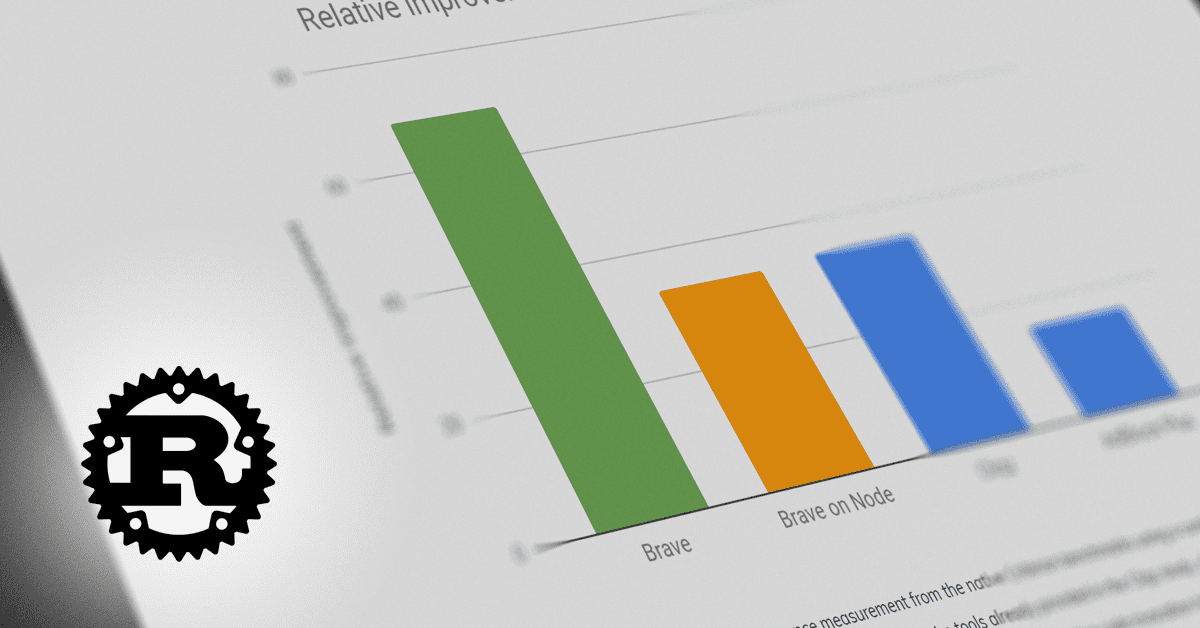Brave has recently overhauled its adblocker making it a lot (69x) aster after Ghostery had published a perfromance benchmark in which Ghostery (surprise oh what a surprise) came out first and Brave adblocker last. Brave adblocker seems to be based on uBlockOrigin engine, using the tokenising of Ghostery (for effective block rule lookup/comparison). Both are open source projects, so there is nothing wrong with reusing their code. The info of Brave adblocker says it is written in Rust (so safer and faster than an extension written in javascript) and seems to monitor domain names only (no cosmic filtering) of Easylist (Ads and Trackers).
So its blocking is comparable with uBlock Origin in very easy mode (only is probably a little bit faster in absolute terms, a lot in relative terms),
_____
Disclaimer: I am no extensions nor adblocking specialist, just did some research for my school project.
Thanks all for the feedback/discussion

